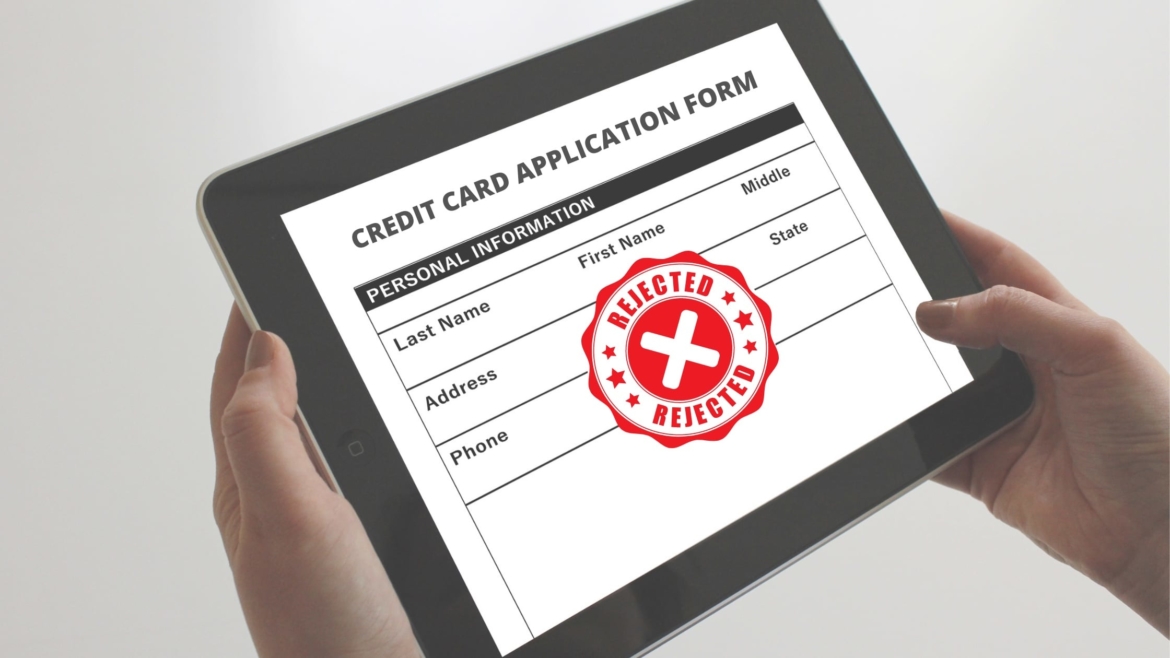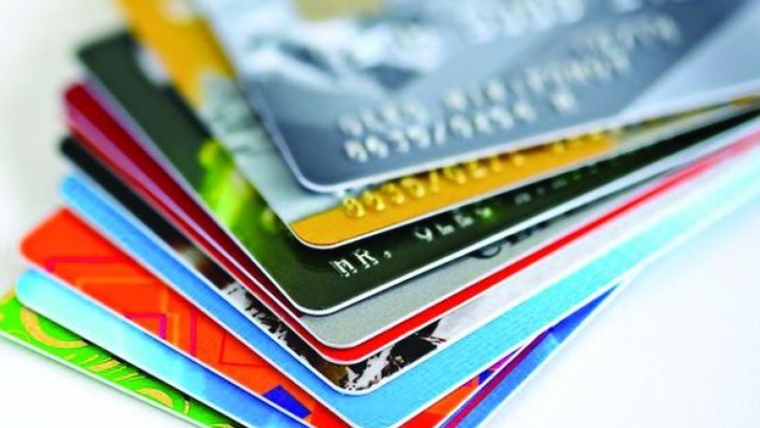When you apply for a credit card and are denied, it can harm your credit score. Because it is a difficult query on your credit report, it will have an impact on your credit score. It may be discouraging for a while, but the time has come to think about the next step. Before proceeding, consider what you might do to obtain the credit card you truly desire.
We’ve compiled a list of things to consider before reapplying for a credit card after one has been denied.
Before applying for a new credit card or loan, take your time.
It’s critical to understand how long you’ll have to wait for a new credit card after being rejected for one. It all depends on why you were initially denied a credit card.
The general recommendation is to wait six months before applying for a credit card. If you were denied for a credit card because you had too many hard inquiries, you should wait at least six months before applying for another card. If your application is denied due to a low credit score, you may have to wait until your credit improves. Your positive credit activity determines the length of time it takes.
Obtain Your AECB Credit Report
If you believe you have a good credit score but your credit card application is turned down. Now is the time to get in touch with the AI Etihad credit bureau and request a credit report. Once you have obtained a copy of your credit report, you can dispute any errors that may have caused your credit card application to be declined.
Send your updated credit report to your credit card company so they can analyse it and challenge any errors that may have resulted in your credit card application being denied. You can ask the bureau to send your credit report to any credit card companies that have recently reviewed it.
Examine Your Credit Score on a Regular Basis
When your credit card application is denied, the credit card company is required to send you an explanation as well as a free credit score. This free credit score report can help you identify the factors affecting your credit score, such as too high balances or too few instalment accounts, and will save you money on a credit bureau report.
When combined with your credit score, the adverse action letter can help you understand where you need to improve your credit activity. Improving your credit score will increase your chances of getting a credit card.
Restore Your Credit Score
Your credit card application may be denied due to your poor credit. Unpaid collections, recent delinquencies, and large credit card balances all reduce your creditworthiness, so address these issues before applying for a new credit card.
Use your credit report as a guide while we repair our credit. Budget wisely, pay bills on time, limit new credit applications, and keep your credit use ratio low to improve your creditworthiness. If you find any errors on your credit report, you can dispute them.
Request a secured credit card.
A secured credit card is an excellent option for those who want to improve their credit or who have no credit. This credit card functions similarly to a regular credit card, but it requires you to make a deposit as collateral. Obtaining a secured card will be easier for you, allowing you to get back on your feet while also minimising risk to the financial institution.
Some credit card companies will convert your secured credit card to an unsecured one after you’ve made on-time payments for six to twelve months. Your security deposit will be returned to you once you have converted your account.



